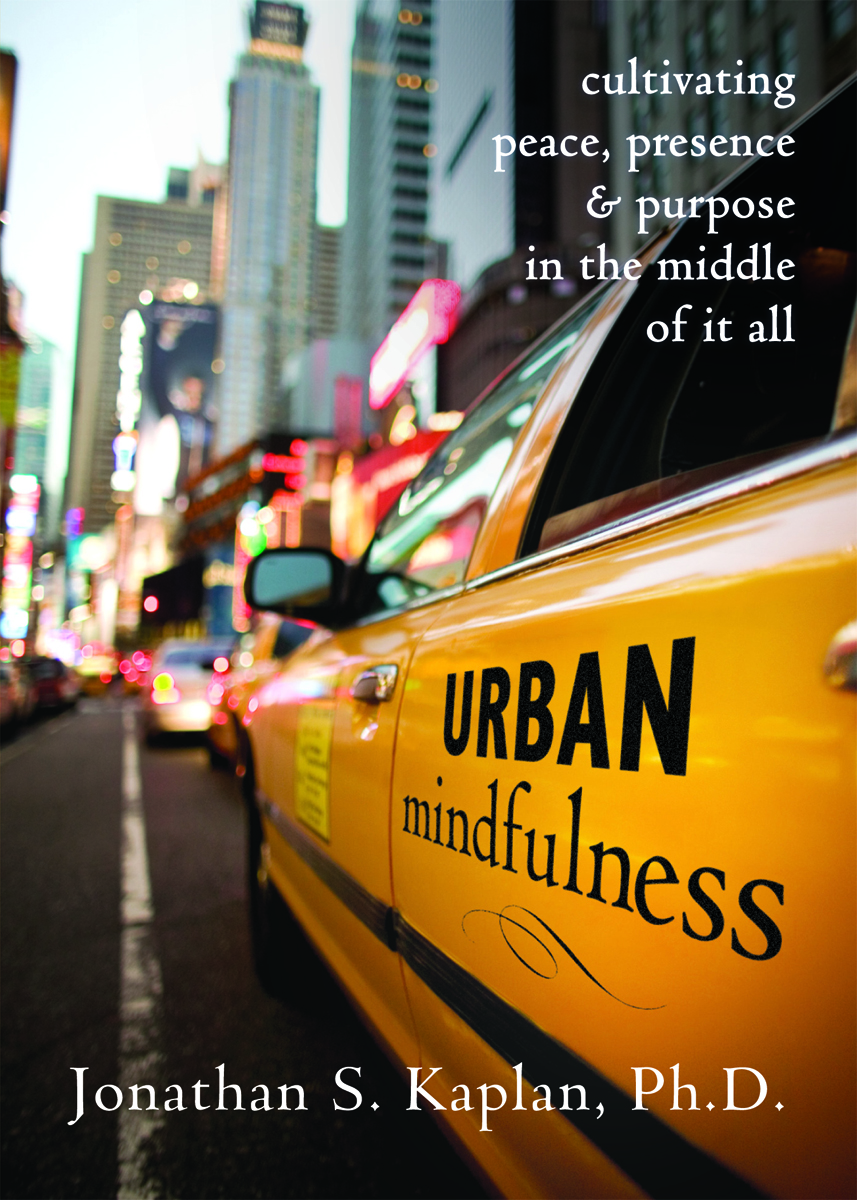Wednesday
Nov252009
Thanksgiving: 5 Tips for Gratitude
 Wednesday, November 25, 2009 at 12:08PM
Wednesday, November 25, 2009 at 12:08PM  By Jonathan Kaplan, Ph.D.
By Jonathan Kaplan, Ph.D.It's that time of year again. Thanksgiving is associated with so many things, including time with family, holiday sales, football, and eating to the point of exhaustion. What about actually giving thanks? Is there room this weekend for such sentiments?
Research by Robert Emmons and his colleagues at UC Davis have repeatedly shown the benefits of expressing appreciation and gratitude. In his initial study (Emmons & McCollough, 2003), people who kept a weekly gratitude journal reported more optimism, fewer physical problems, and more physical exercise relative to people who recorded neutral or negative events. These findings should not be too surprising, especially as religions across the world have practiced extending prayers of thanks. In Christianity, for example, saying grace is an exalted tradition to offer thanks to God for sustenance and life on earth.
So, with a special day set aside for it, why not practice gratitude tomorrow? Not sure, what to do? Here's 5 suggestions:
- Consider for what you feel grateful over the past year. Name 10 things as you finish the sentence, "I feel grateful for ....." Whatever you list need not be particularly grandiose. You don't have to thank the cosmos for your existence, but your statements should reflect your true sentiments, not we you think you should feel. You might to allow yourself a few moments to fully consider something (or someone) before you decide if it's list-worthy. For example, you might not feel particularly thankful for someone in your family given the headache that he/she caused you today. However, if you sit long enough in contemplation, you might be able to see through this storm of an ill mood and find true gratitude.
- Share your feelings of gratitude with friends and family. Early in the day tomorrow, arrange a time in which you all will discuss thanksgiving. You can center this practice around the holiday meal, and go around the table to discuss things for which each person feels grateful.
- Think about the people who have helped you get to this point in your life. Who has helped, loved, and supported you? Send them a wish of thanks, either mentally or by expressing your appreciation directly to them.
- Reconsider your anger or bitterness directed at family members. Often, we carry a lot of "baggage" when it comes to our families of origin. We usually tend to focus on all the injustices that we suffered with little appreciation for the (likely) fact that our parents and siblings did the best they could with what they had. For example, it is unlikely that your parents purposefully tried to disrupt your emotional growth. Instead, they--as outwardly imperfect as we are--likely tried their best to manage the difficulties of raising a family. The results? Not perfect, presumably. However, maybe there are some things for which you can feel appreciation or even gratitude. Maybe they sacrificed a lot for you to learn the piano or go to summer camp. See if it's possible to notice and get in touch with helpful, supportive ways in which your family has loved you.
- Help someone. Offer to carve the turkey, cut-up food for children at the table, or even--horror of horrors!--do the dishes. Especially if you don't want to have a "touchy-feely" conversation with your family, extend your gratitude practically through your actions. Whatever you decide to do, give it away freely with no expectation of acknowledgement or payback. Just do it because it feels right and matters to you.
tagged  Thanksgiving in
Thanksgiving in  Gratitude
Gratitude
 Thanksgiving in
Thanksgiving in  Gratitude
Gratitude 


